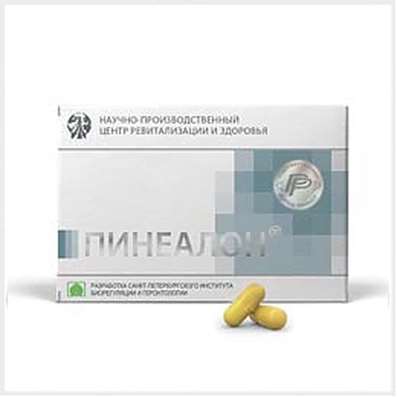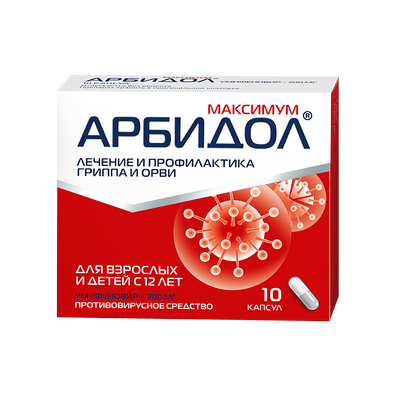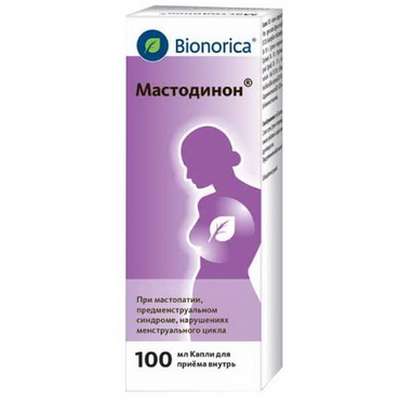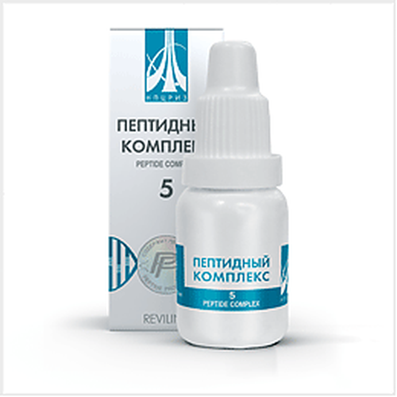Instruction for use: Clopixol
I want this, give me price
Dosage form: tablets
Active substance: Zuclopenthixol*
ATX
N05AF05 Zuclopentixol
Pharmacological group:
Neuroleptics
The nosological classification (ICD-10)
F03 Dementia, unspecified: Degenerative dementia; Dementia; Dementia presenilnaya; Dementia senile; Primary degenerative dementia; Senile dementia; Senile dementia of the Alzheimer's type; Senile dementia; Syndromes of dementia; Dementia; Mixed Dementia; Mixed forms of dementia; Senile dementia; Senile Dementia
F10.4 Abstinent state with delirium: Alcoholic delirium; White fever alcoholic; Delirium; Delirious condition with alcoholism and drug addiction
F10.5 Alcoholic alcohol: Alcoholic hallucinations; Psycho-organic syndrome in chronic alcoholism; Alcoholic psychosis; White fever alcoholic; Delirium; Delirium with alcoholism; Acute alcoholic psychosis; Delirious condition with alcoholism and drug addiction; Acute alcoholic psychosis with autonomic disorders
F20 Schizophrenia: Schizophrenic Conditions; An exacerbation of schizophrenia; Schizophrenia; Chronic schizophrenia; Dementia praecox; Bleuler's disease; Psychotic discordant; Dementia early; The febrile form of schizophrenia; Chronic schizophrenic disorder; Psychosis of the schizophrenic type; Acute form of schizophrenia; Acute schizophrenic disorder; Cerebral Organic Insufficiency in Schizophrenia; Acute attack of schizophrenia; Schizophrenic psychosis; Acute schizophrenia; Sluggish schizophrenia; Sluggish schizophrenia with apathoabulic disorders; Acute stage of schizophrenia with agitation
F22 Chronic Delusional Disorders: Delusional Chronic Disorder; Delusional Disorders; Delusional syndrome; Paranoia; Chronic affective-delirious states
F28 Other Inorganic Psychotic Disorders: Affective psychoses; Involutional psychosis; Psychoinstrumental; Psycho senile; Psychic senile; Senile psychosisl; Structural Involutionary Psychosis; Static psychosis
F29 Inorganic psychosis, unspecified: Childhood psychoses; Psychomotor agitation in psychoses; Hallucinatory-delusional disorders; Hallucinatory-delusional syndrome; Intoxication psychosis; Manic-delusional disorders; Manic chronic psychosis; Manic psychosis; Acute psychosis; Paranoid psychosis; Subacute psychosis; Presenile psychosis; Psychosis; Intoxication psychosis; Psychosis is paranoid; Psychosis in children; Reactive psychosis; Chronic psychosis; Chronic hallucinatory psychosis; Chronic psychosis; Chronic psychotic disorder; Schizophrenic psychosis
F30 Manic episode: Manic-depressive disorder; Manic agitation; Manic state; Manic conditions; Manic condition; Manic syndrome; Acute manic syndrome
F70-F79 Mental retardation
F91 Behavioral disorders: Juvenile and other behavioral disorders; Destructive behavior; Violation of behavior; Behavior Disorders; Mixed behavioral disorders; Behavioral Disorder; Behavioral disorder in adolescents with 15 years of age and adults; Violations in behavior; Behavioral disorders in childhood; Behavioral disorders in old age; Behavioral disorders in children; Behavioral disorders in children
R41.0 Abnormal orientation, unspecified: Disorientation; Violation of consciousness of toxic origin; Violation of consciousness of traumatic origin; Disorientation status; Confusion of consciousness; Impairment of consciousness; Orientation disorders; Sopor
R44.3 Hallucinations, unspecified: Hallucinatory conditions; Hallucinations; Acute hallucinatory state; Chronic hallucinatory conditions
R45.1 Anxiety and agitation: Agitation; Anxiety; Explosive excitability; Internal stimulation; Excitability; Excitation; Excitation acute; Psychomotor agitation; Hyperexcitability; Motor excitement; Cessation of psychomotor agitation; Nervous excitement; Restlessness; Night trouble; Acute stage of schizophrenia with agitation; Acute mental agitation; Paroxysm of excitation; Overexcitation; Increased excitability; Increased nervous excitability; Increased emotional and cardiac excitability; Increased agitation; Mental arousal; Psychomotor agitation; Psychomotor agitation in psychoses; Psychomotor agitation of an epileptic nature; Psychomotor paroxysm; Psychomotor fit; Symptoms of Excitation; Symptoms of psychomotor agitation; The state of agitation; A state of anxiety; Excitation status; A state of heightened concern; The state of psychomotor agitation; Conditions of anxiety; Excitation conditions; The state of excitement in somatic diseases; Excitation level; Feelings of anxiety; Emotional arousal
R45.6 Physical aggressiveness: Aggressiveness; Aggressive states; Aggression; Aggressive behavior; Autoaggression
Composition and release form
1 tablet coated with a coat contains zuclopenthixol hydrochloride 2, 10 or 25 mg; in a package of 50 or 100 pcs.
Pharmachologic effect
Pharmacological action - antipsychotic, neuroleptic, sedative.
It blocks dopamine receptors of the brain.
Indications for Clopixol
Acute and chronic schizophrenia and other psychotic disorders, especially with hallucinations, paranoid delusions, impaired thinking; a state of agitation, heightened anxiety, hostility, aggression; manic phase of manic-depressive psychosis; mental retardation, combined with psychomotor agitation, agitation and other behavioral disorders; senile dementia with paranoid ideas, confusion, disorientation, behavioral disorders.
Contraindications
Acute poisoning with alcohol, barbiturates, opiates; comatose conditions.
Application in pregnancy and lactation
Contraindicated. Nursing mothers should stop breastfeeding.
Side effects
Possible extrapyramidal disorders, tardive dyskinesia, malignant neuroleptic syndrome, drowsiness, dizziness, dry mouth, discomfort, urinary retention, constipation, tachycardia, orthostatic hypotension, changes in hepatic samples.
Interaction
Strengthens the sedative effect of alcohol, barbiturates and other drugs that depress the central nervous system, reduces - levodopa and other adrenergic drugs. Weaken the hypotensive effect of guanethidine and its analogues. The risk of developing extrapyramidal disorders increases metoclopramide and piperazine.
Dosing and Administration
Inside. Doses are selected individually, depending on the patient's condition; begin usually with small doses, which are quickly increased to achieve the optimal effect. When exacerbation of schizophrenia, other acute mental disorders, severe agitation, mania - usually 10-50 mg / day, with severe disorders and moderate states usually begin with 20 mg / day, then, if necessary, increase the dose by 10-20 mg every 2-3 days to 75 mg per day or more. In chronic mental disorders (schizophrenia and other psychoses) in a maintenance dose of 20-40 mg / day. With agitation in patients with oligophrenia - usually 6-20 mg / day; if necessary, increase the dose to 25-40 mg / day. With agitation and confusion in patients with senile disorders - usually 2-6 mg / day (preferably in the evening); if necessary, 10-20 mg / day.
Precautionary measures
With special care appoint for convulsive syndrome, chronic hepatitis, cardiovascular disease, persons managing the car and other mechanisms. With prolonged therapy, careful monitoring of the patient's condition is necessary.
Storage conditions for Clopixol
At a temperature of no higher than 25 ° C.
Keep out of the reach of children.
Shelf life of Clopixol
5 years.
Do not use after the expiry date printed on the package.

 Cart
Cart





